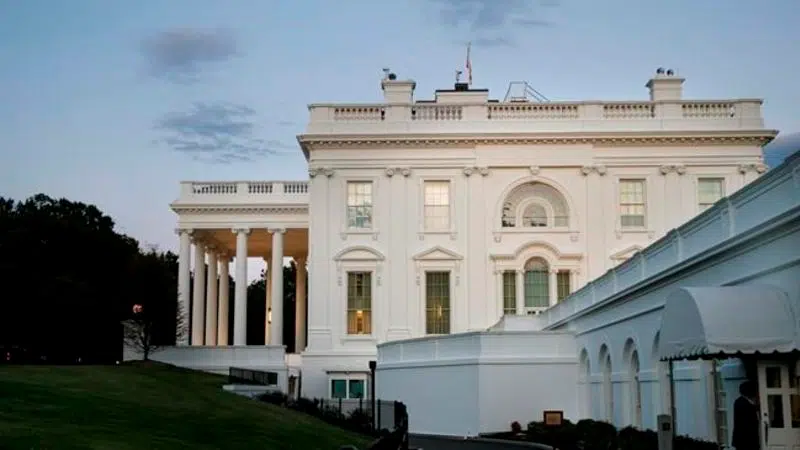
Trump calls off secret meeting with Taliban, Afghan leaders
WASHINGTON — President Donald Trump said Saturday he cancelled a secret weekend meeting at Camp David with Taliban and Afghanistan leaders after a bombing this week in Kabul that killed 11 people, including an American soldier, and has called off peace negotiations with the insurgent group.
Trump has been under pressure from the Afghan government, lawmakers and some members of his administration who mistrust the Taliban and think it’s too early to withdraw American forces. The administration’s diplomat talking to the Taliban leaders for months in recent days said he was on the “threshold” of an agreement with the Taliban aimed at ending America’s longest war.
“Unbeknownst to almost everyone, the major Taliban leaders and, separately, the President of Afghanistan, were going to secretly meet with me at Camp David on Sunday,” Trump tweeted Saturday evening.
“They were coming to the United States tonight. Unfortunately, in order to build false leverage, they admitted to an attack in Kabul that killed one of our great great soldiers, and 11 other people. I immediately cancelled the meeting and called off peace negotiations,” he wrote.


